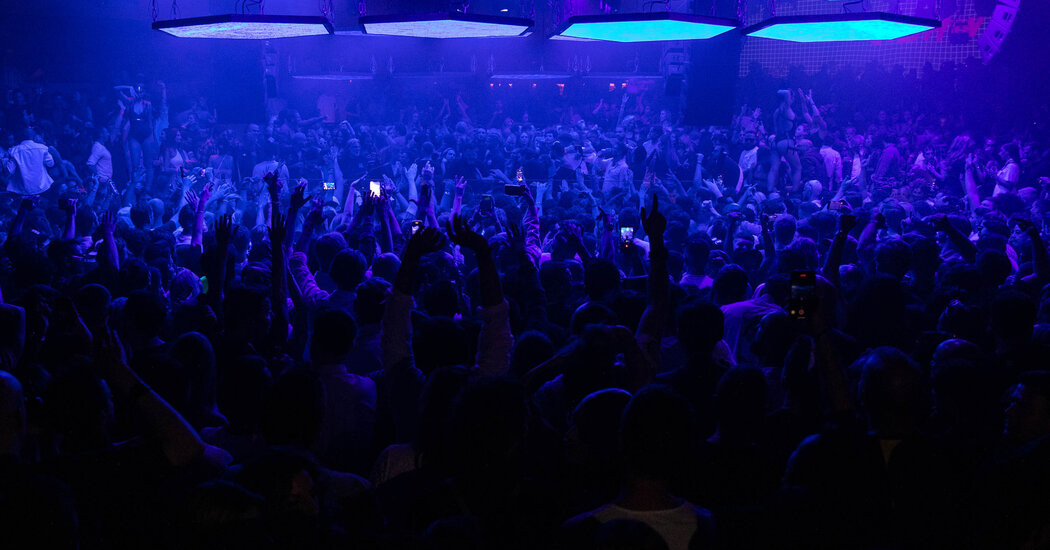

Drug-related calls from nightclubs are driving Ibiza’s ambulance services to collapse, health workers say. It’s the latest example of tensions in Europe over tourism.
The emergency calls arrive at all hours, especially in the summer. Pablo Roig weaves his ambulance through heavy traffic and past crowded beaches. He arrives at an increasingly familiar scene on Ibiza, Spain’s famed party island: drug-related distress at a nightclub.
“There are days when we’re so busy you can barely even stop to eat or have a coffee,” Mr. Roig, a 47-year-old ambulance technician, said.
Emergency calls involving partygoers at Ibiza nightclubs have become so frequent that the island’s public ambulance service is at risk of collapse, the local health technicians union said. During peak season, more than a quarter of all calls for ambulances are to nightclubs, and they often involve foreign visitors, straining resources for the island’s 160,000 full-time residents, the union said.
“Sometimes we go to the same nightclub three or four times in one night,” said José Manuel Maroto, a representative for the union. “There are nightclubs where we have to go to pick up an intoxicated patient every day.”
The ambulance crisis in Ibiza, one of the engines of Spain’s tourism industry with around 3.3 million visitors last year, is the latest example of tensions in Europe over foreign travelers as summer crowds peak. Anti-tourism protests have erupted recently in Spain, Italy and Portugal, with demonstrators complaining that overtourism is stretching public resources and driving up the cost of living.



